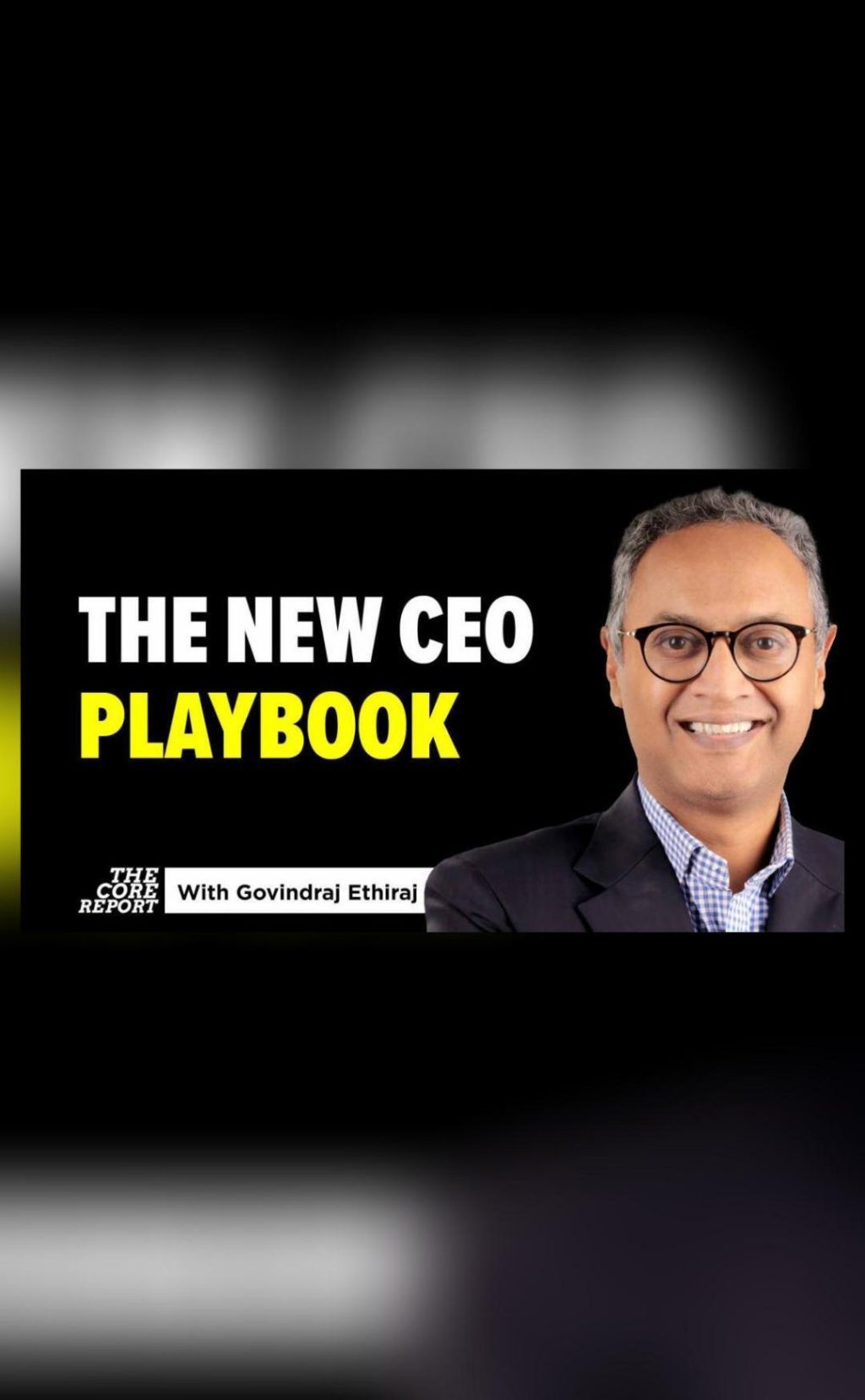
The New CEO Playbook: AI Pressures & Global Tariff Shocks
As the world becomes increasingly interconnected, CEOs are facing unprecedented challenges in the face of rapidly evolving technologies and global trade policies. The rise of Artificial Intelligence (AI) is reshaping industries, while tariff shocks are disrupting trade flows, leaving business leaders with no choice but to rethink their strategies and operations.
In this environment of unprecedented uncertainty, CEOs must grapple with internal pressures to automate and innovate, while also navigating external forces like shifting trade policies. With no guarantee of stability, companies are being pushed to localize, adapt, and reconsider long-held business models.
The AI Revolution
AI is transforming industries at an unprecedented pace. From customer service to supply chain management, AI is automating tasks, improving efficiency, and enhancing decision-making. However, this shift also poses significant challenges for CEOs, who must navigate the complexities of implementing AI-powered solutions while ensuring their workforce is equipped to adapt.
According to a recent survey by McKinsey, 72% of companies are already using AI in some form, with 60% of those companies reporting significant benefits in terms of cost savings and improved productivity. However, the same survey found that only 10% of companies have achieved widespread adoption of AI across their organizations.
For CEOs, the key challenge lies in developing a clear AI strategy that aligns with their company’s values and goals. This requires a deep understanding of the technology, as well as the ability to communicate effectively with stakeholders about the benefits and risks of AI adoption.
Global Tariff Shocks
The global trade landscape has undergone a significant shift in recent years, with the implementation of tariffs and trade policies that have far-reaching implications for businesses of all sizes. The ongoing trade war between the United States and China, for example, has led to increased tariffs on goods traded between the two countries, resulting in higher costs and reduced competitiveness for companies that rely heavily on international trade.
The impact of tariffs is felt across industries, from manufacturing to retail. Companies that rely on imported components or materials are facing increased costs, while those that export goods are struggling to compete in a market with higher tariffs.
For CEOs, the key challenge lies in developing a tariff strategy that minimizes the impact on their business. This may involve diversifying supply chains, renegotiating contracts, or exploring new markets. Effective communication with stakeholders is also critical, as companies must navigate the complex web of regulations and trade agreements to mitigate the effects of tariffs.
Rethinking Strategy and Operations
In the face of AI pressures and global tariff shocks, CEOs must rethink their strategy and operations to ensure their companies remain competitive and sustainable. This requires a deep understanding of the changing landscape, as well as the ability to adapt quickly to shifting circumstances.
One key strategy is to focus on localization, by developing strong relationships with local suppliers and customers. This can help companies reduce their reliance on international trade and minimize the impact of tariffs.
Another key strategy is to focus on innovation, by developing new products and services that meet the changing needs of customers. This can help companies stay ahead of the competition and capitalize on emerging trends.
Conclusion
The new CEO playbook is clear: AI pressures and global tariff shocks require business leaders to rethink their strategy and operations in order to remain competitive and sustainable. By developing a clear AI strategy, communicating effectively with stakeholders, and focusing on localization and innovation, CEOs can navigate the challenges of the new business landscape and position their companies for long-term success.
As the world continues to evolve, one thing is certain: CEOs who are able to adapt quickly to changing circumstances will be well-positioned to thrive in the years ahead.
Source:






